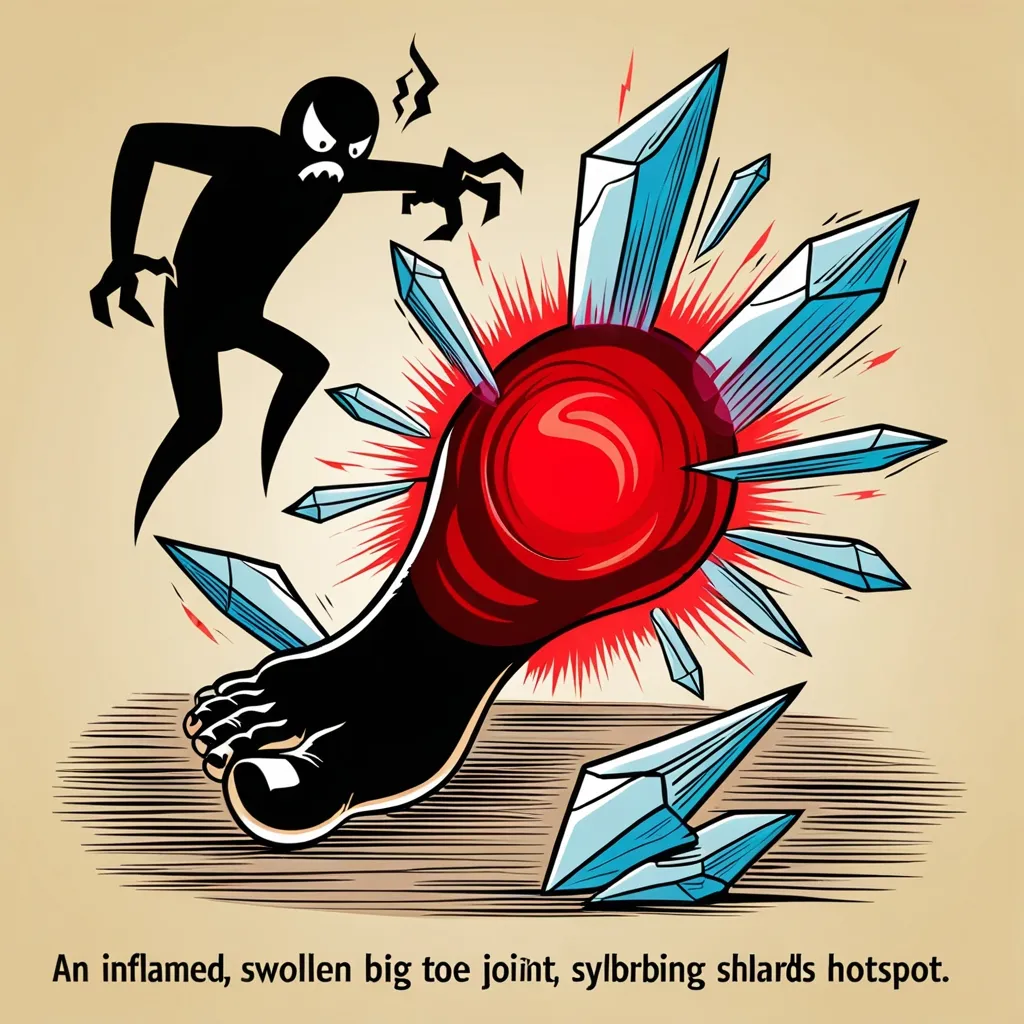Gluten intolerance, also known as non-celiac gluten sensitivity, affects quite a few people and is often confused with other conditions like celiac disease or wheat allergies. Imagine feeling bloated, gassy, or downright exhausted just because you had a slice of pizza or a piece of toast. That’s the reality for about 6% of folks in the U.S., which is more common than celiac disease, affecting around 1% of the population.
When someone with gluten intolerance munches on gluten, they might soon start to feel not-so-great. Bloating, gas, and fatigue can hit hard, sometimes lasting hours or even days. Many people with this condition also have irritable bowel syndrome (IBS), which can make life even trickier. The causes of gluten intolerance are still a bit of a mystery, but there’s some talk about how the body might not be soaking up certain carbs properly. This might lead to gut fermentation and a whole lot of discomfort.
Some studies throw another idea into the mix. Wheat could potentially mess with the lining of the digestive tract, allowing bacteria to sneak into the blood or liver, causing inflammation. The list of symptoms is pretty extensive—bloating, tummy troubles, diarrhea, constipation, gas, and even nausea or vomiting. Fatigue is another biggie, and some might even find themselves dealing with skin rashes, joint aches, or issues like headaches, brain fog, and numbness in limbs.
Diagnosing gluten intolerance can be a real head-scratcher. The symptoms often overlap with other conditions, making it tricky to pin down. Healthcare providers usually need to play detective, digging into your symptoms and medical history. They might suggest giving a gluten-free diet a try to see if things improve. Unfortunately, there isn’t a magic test for gluten intolerance, so diagnosis is often about ruling out other conditions and watching how your body reacts.
Now, here’s the deal with managing gluten intolerance—there’s no cure in sight, but most people find relief by going gluten-free. Working with a healthcare provider and a dietitian can really help in planning meals that are both safe and tasty. Tossing in some probiotics might also do some good, boosting gut health and easing symptoms like bloating or gas.
Living with gluten intolerance means making some lifelong adjustments. Slip-ups can happen, and accidentally consuming gluten can bring symptoms roaring back. If things get really rough, with severe diarrhea or vomiting, getting medical help is crucial to avoid dehydration and electrolyte problems.
There’s also a lot of confusion out there. Gluten intolerance is not the same as celiac disease, which is an autoimmune disorder that really wreaks havoc on the digestive tract. Most people with gluten intolerance can keep their symptoms in check with a gluten-free diet. But going gluten-free isn’t a walk in the park—it carries some health risks if you’re not careful. That’s why it’s crucial to get guidance from healthcare providers and dietitians to stay on track and healthy.
Emotional and mental health can’t be ignored. Gluten intolerance can mess with your head, too. Anxiety and depression are common, and some people feel even worse under gluten’s influence. Research hints that some folks with depression and self-reported gluten intolerance feel a lot better mentally on a gluten-free diet. This suggests that gluten alone might have a hand in sparking feelings of depression, even if your digestive issues aren’t fully sorted out.
Skin reactions are another fun (not) part of the package. While dermatitis herpetiformis is usually linked to celiac disease, those with gluten intolerance might deal with other skin issues. Noticing any weird skin reactions after eating gluten? It’s definitely worth a chat with your healthcare provider.
Headaches and migraines, anyone? They’re a pain for many, but for those with gluten intolerance, they might pop up more often. If you’re finding yourself with frequent headaches or migraines and can’t seem to figure out why, gluten could very well be the culprit.
Tiredness is a tricky and common symptom across many conditions, but for people with gluten intolerance, it can feel like a dark cloud that never goes away, especially after eating gluten-packed foods. This level of fatigue can really put a damper on your daily grind.
Pain and inflammation can also be part of the picture. Gluten exposure might lead to widespread pain, including your joints and muscles, sometimes with that nasty side effect of arm and leg numbness.
Gluten intolerance is definitely a common hurdle that can present a barrage of symptoms, from tummy troubles to mental health issues. While there’s no surefire cure, managing the condition through a strict gluten-free diet and some lifestyle tweaks can bring a lot of relief. If you suspect you might be dealing with gluten intolerance, working closely with your healthcare provider is key. They can help in getting an accurate diagnosis and mapping out a game plan that works best for your needs.






